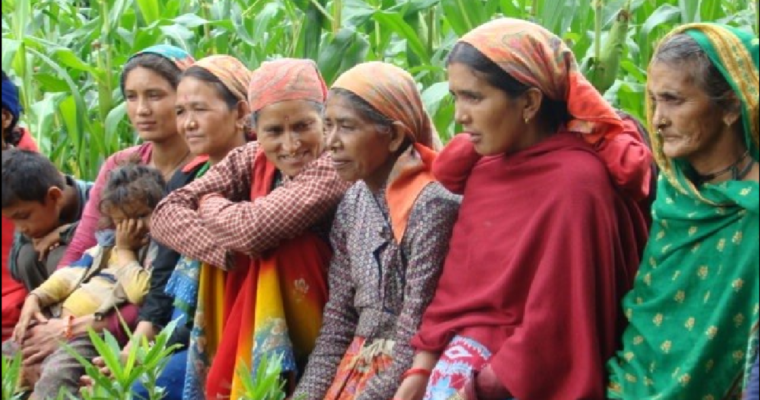The National Land Rights Forum (NLRF) Nepal advocates for the land rights of landless and smallholder peasants. Recognizing that women bear most agricultural responsibilities while land ownership remains predominantly with men, NLRF integrated women’s land rights and Joint Land Ownership (JLO) into its campaigns. The initiative addresses key issues such as the lack of inheritance rights for women, limited access to resources, and violations of their rights, identity, and dignity. The campaign aims to establish women’s land ownership for self-reliance, gender justice in resources and property, and evidence-based policy advocacy.
NLRF mobilized its 88,673 members through 1,868 Village Land Rights Forums, leading to an amendment in the Policy Provision for Women’s Land Rights.
NLRF conducted massive national and district-level campaigns and organized landless, smallholder peasants from the households, both male and female, especially husband and wife, and provided orientation, education, and capacity building on women’s land rights and JLO. Families and government officials are sensitized regarding the impact of women and JLO certificates on society. National, district, and community-wide massive campaigns like cycle rallies, wall painting, consultations, and family and stakeholder discussions are conducted. NLRF facilitated multi-stakeholder dialogues and advocacy efforts to influence policy reforms and ensured effective policy implementation and large-scale JLO adoption through structured facilitation and awareness programs.
As a result of these actions and efforts, the following impacts were achieved:
- Ownership rights increased women’s access to government facilities and access to finance for production and entrepreneurship development
- Enhanced sense of security and dignity for both women and men.
- Women felt greater control over their homes and land as their names were included in land certificates
- Significant reduction in domestic violence
- Greater socio-economic awareness and empowerment among women.
- Institutionalization of women’s land and property rights




Comments are closed